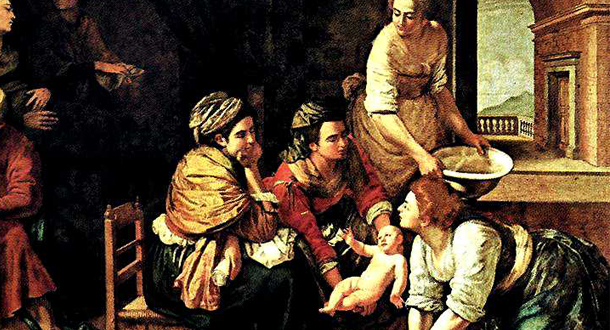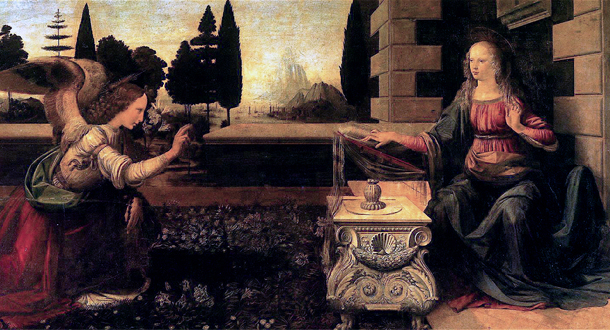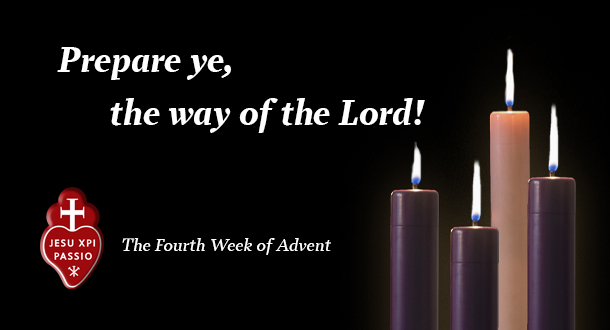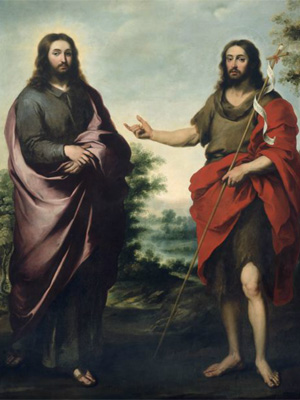
Scripture:
Malachi 3:1-4, 23-24
Luke 1:57-66
Reflection:
In today’s Gospel reading, we hear the account of the birth of John the Baptist. As is the case with Jesus, which we will hear when we celebrate Christmas, there are many remarkable things that happened with John’s birth. There is the message brought to Zechariah his father in the Temple. And when Zechariah has his doubts, he is struck mute. And John’s mother, Elizabeth, was thought to be incapable of having a child, and yet here she is, giving birth to a son. And when Zechariah confirms Elizabeth’s statement that the child would be named John, his mouth is opened, and he praises God. And so the people wonder, “What, then will this child be?” As Luke writes, “For surely the hand of the Lord was with him.”
It seems that anyone associated with Jesus has some remarkable things happen to him or her. But these extraordinary things that happen with John should not blind us to the remarkable things that God has done for us in our lives. The very fact of our having life is remarkable. The birth, life, Passion and death, and Resurrection of Jesus for our salvation is a mystery that can never be fully comprehended. But as we strive this season to enter more deeply into this mystery of God’s love for us, we may ask ourselves, “What, then, am I called to be?”
Perhaps we are called, in the words of our first reading from Malachi, to “prepare the way” of the Lord. Perhaps we, like John, are called to help “turn the hearts” of parents toward their children, and the hearts of children toward their parents, and the hearts of people toward each other.
Such a remarkable thought! But, as the angel told Mary when he informed her that Elizabeth was pregnant, “nothing will be impossible for God.”
Fr. Phil Paxton, C.P., is the local superior of the Passionist Community in Birmingham, Alabama.







